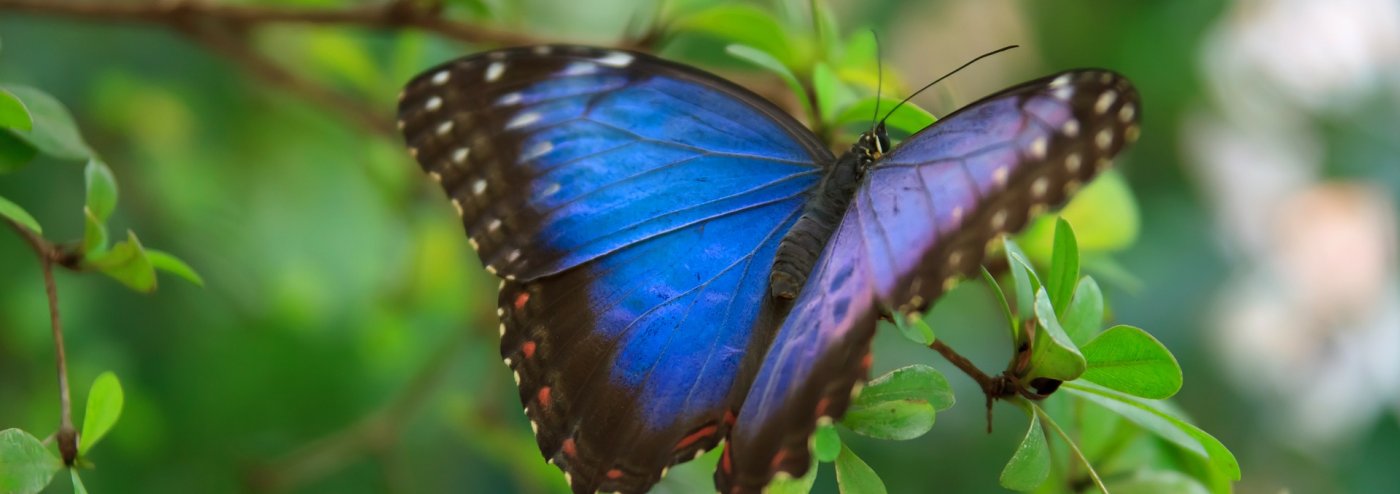
Role of global dietary transitions for safeguarding biodiversity
A team of researchers that includes our group leader Mark Rounsevell has published a study titled “The role of global dietary transitions for safeguarding biodiversity” in Global Environmental Change (https://doi.org/10.1016/j.gloenvcha.2019.101956).
Highlights
-
Diets low in animal products reduce agricultural expansion in biodiverse regions.
-
Diets low in animal products reduce agricultural intensity in biodiverse regions.
-
Lowering only ruminant products may not substantially reduce agricultural intensity.
-
Land-use change effects on biodiversity will be taxon specific.
Abstract
Diets lower in meat could reduce agricultural expansion and intensification thereby reducing biodiversity impacts. However, land use requirements, associated with alternate diets, in biodiverse regions across different taxa are not fully understood. We use a spatially explicit global food and land system model to address this gap. We quantify land-use change in locations important for biodiversity across taxa and find diets low in animal products reduce agricultural expansion and intensity in regions with high biodiversity. Reducing ruminant meat consumption alone however was not sufficient to reduce fertiliser and irrigation application in biodiverse locations. The results differed according to taxa, emphasising that land-use change effects on biodiversity will be taxon specific. The links shown between global meat consumption and agricultural expansion and intensification in the biodiverse regions of the world indicates the potential to help safeguard biodiverse natural ecosystems through dietary change.
Keywords
Biodiversity; Land use change; Diet; Consumption
Media
Press article reporting on the paper in FoodNavigator.com.
https://www.foodnavigator.com/Article/2019/08/13/What-impact-does-diet-have-on-biodiversity-loss
Access to the Paper
https://doi.org/10.1016/j.gloenvcha.2019.101956
Due to be published: September 2019
